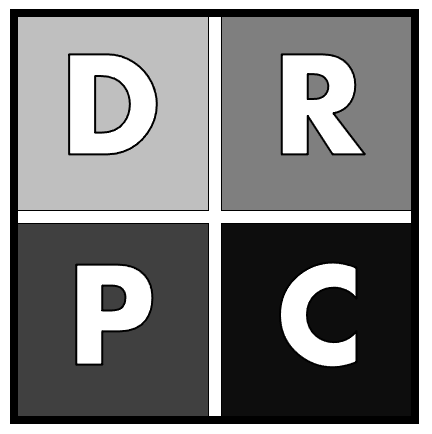By Michele Hearn, DPRC Graduate Assistant Researcher, Texas A&M University-Commerce
It is with immense pleasure and pride that we extend our heartfelt congratulations to Dr. Morgan Banville for being awarded the 2024 Outstanding Dissertation Award in Technical Communication by the prestigious CCCC Committee on Technical Communication. Dr. Banville’s dissertation, titled “AM I WHO I SAY I AM? THE ILLUSION OF CHOICE: BIOMETRIC IDENTIFICATION IN HEALTHCARE,” has rightfully earned this accolade for its groundbreaking contributions to the intersection of technical communication and surveillance studies.
Dr. Banville’s work is nothing short of revolutionary, unraveling the intricacies of biometric technologies in the everyday practices of neonatal nurses within the healthcare setting. The three-pronged approach to data collection, incorporating corpus analysis, surveys, and interviews, showcases the meticulous dedication invested in understanding the complex relationship between healthcare professionals and biometric technologies.
One of the dissertation’s standout features is the introduction of the “interlocking surveillance” framework, a methodological breakthrough drawing inspiration from technical communication, feminist rhetorics, and surveillance studies. This framework invites technical communicators to critically engage with sites of surveillance, advocating for awareness, transparency, and equity in normalized surveillant practices. Dr. Banville’s emphasis on understanding how oppression functions for marginalized bodies and foregrounding equity concerns reflects a commitment to a more inclusive and ethical approach in her analysis.
The dissertation challenges conventional definitions within the field, urging us to expand our understanding of who qualifies as a technical communicator. Dr. Banville compellingly argues that neonatal nurses are indeed technical communicators, communicating and negotiating specialized information in their roles. This redefinition prompts us to reconsider the representation of technical communication in the medical sector, paving the way for a more inclusive and nuanced perspective.
Moreover, Dr. Banville’s work extends beyond the academic realm, questioning and revising normalized surveillance practices and emphasizing the need for community input and participatory approaches in communication materials. Her dedication to bridging the gap between academia and real-world consequences is both commendable and inspiring.
As we celebrate Dr. Banville’s well-deserved recognition, let us also reflect on the broader implications of her work. It serves as a guiding light for future research, encouraging coalitional efforts and a deeper exploration of ethics in biometric use. Dr. Banville’s dissertation stands as a testament to the transformative power of interdisciplinary approaches in technical communication.
Once again, congratulations to Dr. Morgan Banville on this remarkable achievement! We look forward to witnessing the continued impact of her work in the field of technical communication.

Leave a comment